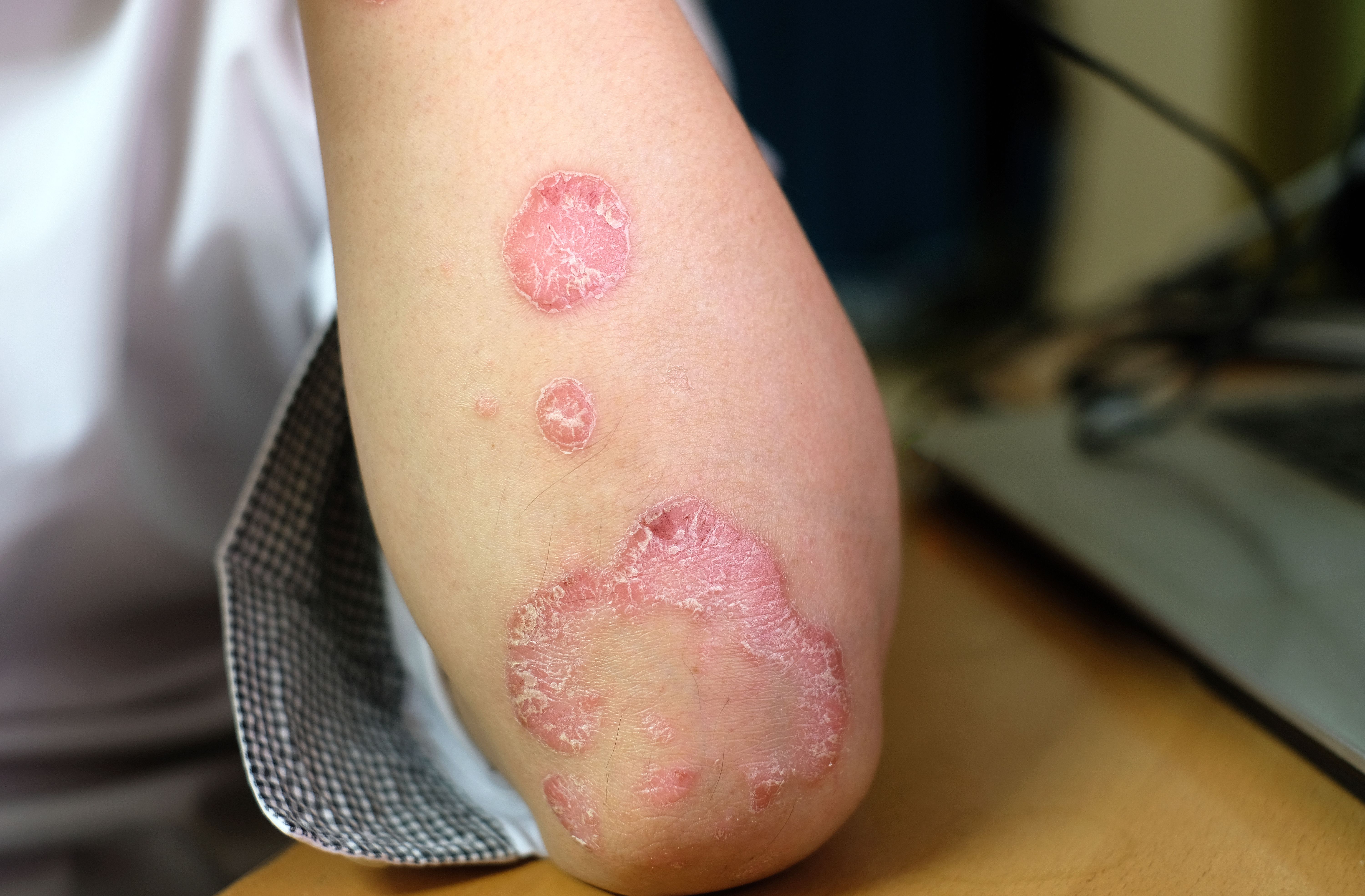- Acne
- Actinic Keratosis
- Aesthetics
- Alopecia
- Atopic Dermatitis
- Buy-and-Bill
- COVID-19
- Case-Based Roundtable
- Chronic Hand Eczema
- Chronic Spontaneous Urticaria
- Drug Watch
- Eczema
- General Dermatology
- Hidradenitis Suppurativa
- Melasma
- NP and PA
- Pediatric Dermatology
- Pigmentary Disorders
- Practice Management
- Precision Medicine and Biologics
- Prurigo Nodularis
- Psoriasis
- Psoriatic Arthritis
- Rare Disease
- Rosacea
- Skin Cancer
- Vitiligo
- Wound Care
Article
Research examines causal relationship between HPV, ultraviolet light
Author(s):
Research continues to elucidate how the human papillomavirus (HPV) contributes to the development of skin cancer, particularly squamous cell carcinoma (SCC), said Eggert Stockfleth, M.D., at MauiDerm 2012: Advances in Cosmetic and Medical Dermatology.

Key Points
Wailea, Hawaii - Research continues to elucidate how the human papillomavirus (HPV) contributes to the development of skin cancer, particularly squamous cell carcinoma (SCC), said Eggert Stockfleth, M.D., at MauiDerm 2012: Advances in Cosmetic and Medical Dermatology.
"The main risk factor for skin cancer is UV light. There's no doubt about that because 80 percent of all skin tumors are located on sun-exposed areas," says Dr. Stockfleth, professor of dermatology, head of the skin cancer center, and vice chairman, Clinic for Dermatology, Venereology and Allergology, Charite Hospital, Berlin.
Regarding HPV, "The keratinocyte is the only place where HPV can live, so it's a key cell for the HPV virus," Dr. Stockfleth says. In particular, when UVB hits keratinocytes, it can cause mutations and DNA damage (Nindl I, Gottschling M, Stockfleth E. Dis Markers. 2007;23(4):247-259. Review), he explains.
Because a virus needs replicating cells to survive, HPV also tries to avoid the immune system's repair mechanism, Dr. Stockfleth says. "Those are the key routes by which HPV induces skin cancer - blocking the repair mechanism and blocking apoptosis."
Regardless of the disease, he says, determining whether it's caused by an infectious agent requires applying criteria postulated by the late Robert Koch, M.D., a German physician who in 1905 won a Nobel Prize in medicine for his work in this area. "HPV must fulfill these criteria to be accepted as the possible causal route to induce SCC," Dr. Stockfleth says.
According to Dr. Koch's first postulate, HPV must be present in cancer cells and/or precancerous cells, Dr. Stockfleth says. In the former area, he says that research has established not only that HPV is present in these cells, but also that epidermodysplasia verruciformis-type HPV DNA are transcriptionally active in SCC in both organ transplant recipients and immunocompetent patients (Purdie KJ, Surentheran T, Sterling JC, et al. J Invest Dermatol. 2005;125(1):98-107).
Newsletter
Like what you’re reading? Subscribe to Dermatology Times for weekly updates on therapies, innovations, and real-world practice tips.











